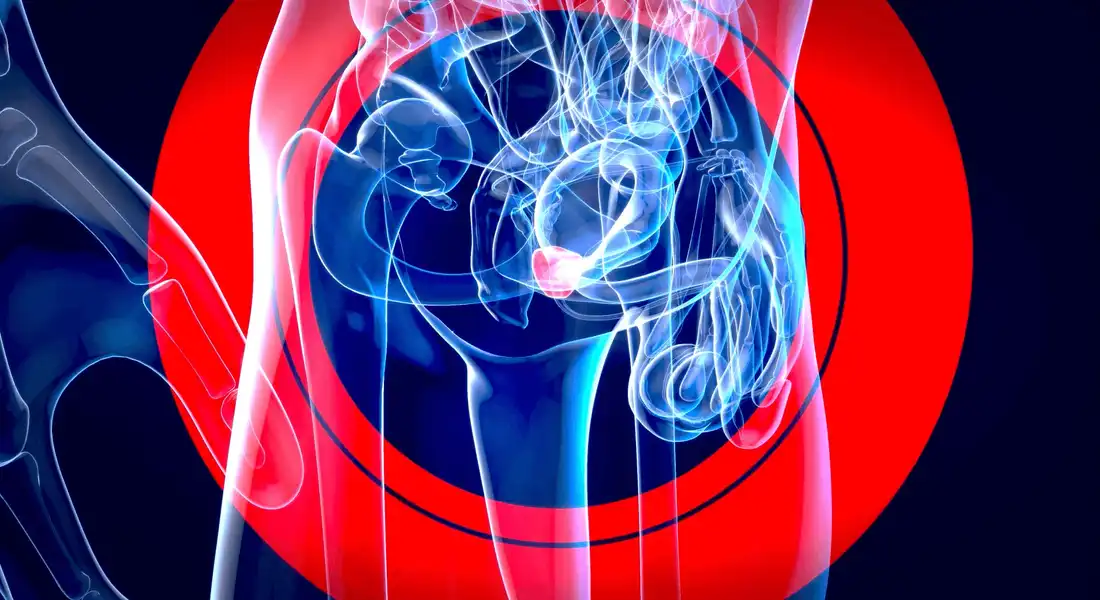Prostate Health and Erectile Dysfunction:A Comprehensive Overview
By:
A Step Toward A better life
On
15/11/2023Summary:
The prostate gland plays a crucial role in male reproductive health. It is a walnut-sized gland located below the bladder and surrounds the urethra, the passageway through which urine and semen exit the body. The prostate's primary function is to produce seminal fluid, a liquid that nourishes and transports sperm during ejaculation.
Prostate health is a significant factor in a man's overall well-being and quality of life. When prostate health deteriorates, it can lead to various complications, including prostate cancer, benign prostatic hyperplasia (BPH), and erectile dysfunction (ED).

Erectile Dysfunction: Understanding the Condition
ED, also known as impotence, is a sexual dysfunction characterized by the inability to get or maintain an erection sufficient for sexual intercourse. It is a common condition affecting millions of men worldwide, and its prevalence increases with age.
Various factors can contribute to ED, including:
Vascular causes: These include conditions that affect blood flow to the penis, such as atherosclerosis, diabetes, and high blood pressure.
Neurological causes: Damage to the nerves responsible for controlling erections can result from neurological disorders like multiple sclerosis or spinal cord injuries.
Psychological causes: Anxiety, depression, and stress can also interfere with sexual function and lead to ED.
Medications: Certain medications, including antidepressants, blood pressure medications, and anticonvulsants, can have side effects that include ED.
The Interplay Between Prostate Health and ED
Prostate health and ED are closely linked, and prostate-related conditions can significantly impact a man's sexual function. Here's how prostate health affects ED:
Prostate enlargement and urinary tract obstruction (UTO): As the prostate gland enlarges with age, it can compress the urethra, making it difficult to urinate completely. This residual urine can irritate the prostate and contribute to inflammation, leading to ED.
Prostate cancer: Prostate cancer can damage the nerves and blood vessels responsible for erections, causing ED. The extent of ED depends on the location and stage of the cancer.
Benign prostatic hyperplasia (BPH): BPH, a non-cancerous enlargement of the prostate, can also compress the urethra, leading to UTO and ED.
Prostatitis: Prostatitis, an inflammation of the prostate gland, can cause pain, urinary problems, and ED. The inflammation can damage the nerves and blood vessels involved in erections, leading to sexual dysfunction.

Preventive Measures and Treatment Options
Maintaining good prostate health is essential for preventing ED.
Here are some preventive measures to consider:
Regular prostate screenings: Early detection and treatment of prostate cancer and BPH can help prevent ED and other complications.
Healthy lifestyle: A healthy lifestyle, including regular exercise, a balanced diet, adequate sleep, and stress management, can contribute to overall well-being and reduce the risk of prostate-related problems.
Smoking cessation: Smoking can damage blood vessels and impair blood flow, increasing the risk of ED. Quitting smoking can improve overall health and reduce the likelihood of ED.
Medication management: If certain medications are contributing to ED, discussing alternative medications or dosage adjustments with your doctor may help alleviate the problem.
Seek professional help: If you experience ED, consult your doctor to determine the underlying cause and discuss appropriate treatment options. Various treatments are available, including lifestyle modifications, medications, and surgical procedures.
Prostate health and erectile dysfunction (ED) are closely linked, and understanding this connection is essential for men to take charge of their sexual well-being. By maintaining good prostate health, men can significantly reduce their risk of ED and maintain a satisfying sexual life.
Regular prostate screenings, especially for men over 50, play a vital role in early detection and treatment of prostate-related conditions that can contribute to ED. Early intervention can prevent the progression of these conditions and preserve sexual function.
Adopting a healthy lifestyle, including regular exercise, a balanced diet, adequate sleep, and stress management, can significantly impact overall health and reduce the risk of prostate-related problems, including ED.
Maintaining a healthy weight, limiting alcohol consumption, and quitting smoking can further contribute to prostate health and sexual function.
If ED is a concern, consulting a doctor is crucial to determine the underlying cause and discuss appropriate treatment options. A thorough evaluation can help identify any medical conditions or medications that may be contributing to ED
.
Various treatment options are available for ED, ranging from lifestyle modifications and medications to surgical procedures. The choice of treatment depends on the underlying cause, severity of ED, and individual preferences.
In conclusion, maintaining prostate health is an investment in overall well-being and sexual health. By taking preventive measures, seeking early diagnosis and treatment, and working closely with a healthcare provider, men can effectively manage their prostate health and minimize the risk of ED.



